As Singapore enters its rainy season, pet owners must remain vigilant against the heightened risk of a potentially deadly disease, leptospirosis, which can affect both dogs and cats. Just recently, veterinarians have observed a concerning rise in cases, particularly during periods of heavy rainfall and increased rodent activity. In this blog, we’ll dive about leptospirosis and emphasizes the importance of increased awareness and preventative measures to safeguard our furry companions!
Understanding Leptospirosis
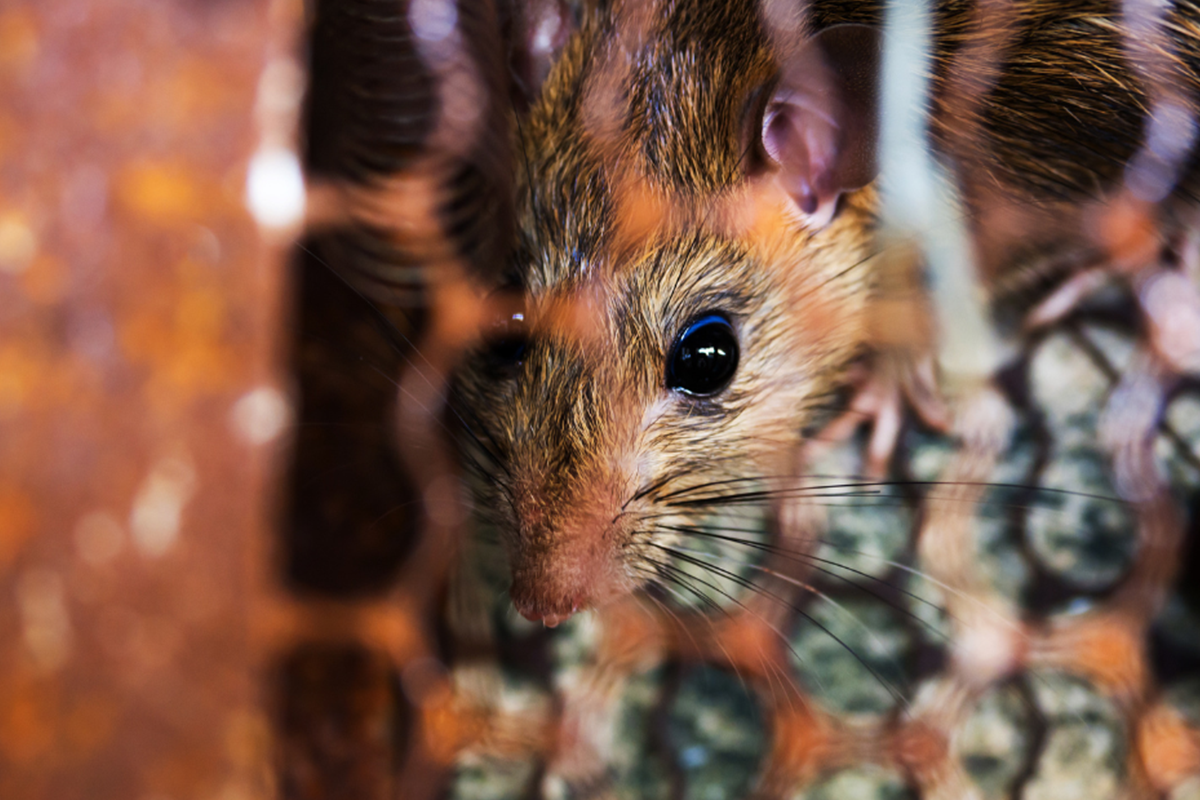
Leptospirosis, caused by the Leptospira bacteria, is a deadly disease which poses significant risk to both pets and humans alike. The bacteria are commonly spread through the urine of infected animals, particularly rodents, making wet environments fertile breeding grounds for transmission. The bacteria can survive for extended periods in warm, moist environments, making them prevalent during the rainy season.
Transmission Methods for Pets:
- Direct Contact: Pets can become infected with leptospirosis through direct contact with the urine, tissues, or bodily fluids of infected animals, including rodents, livestock, and wildlife.
- Indirect Contact: Pets can also contract leptospirosis indirectly by coming into contact with water, soil, or surfaces contaminated with the urine of infected animals. This commonly occurs during outdoor activities, such as walks or playtime in areas frequented by rats.
Signs/Symptoms of Leptospirosis in Dogs and Cats:
Leptospirosis can manifest differently in dogs and cats, but both may exhibit similar symptoms:
- Fever
- Vomiting
- Diarrhea
- Jaundice (yellowing of the skin and/or eyes)
- Decreased or absent urine production
- Muscle pain or stiffness
- Lethargy or weakness
- Loss of appetite
- Abdominal pain or tenderness
- Blood in urine or stool
- Difficulty breathing
Potential Complications if Left Untreated:
Leptospirosis can lead to severe complications if left untreated, including:
- Kidney failure
- Liver damage
- Respiratory distress
- Meningitis (inflammation of the membranes surrounding the brain and spinal cord)
- Sepsis (life-threatening infection spread throughout the body)
- Death
Prompt diagnosis, monitoring behavioral changes, & treatment are essential to prevent these complications and improve the prognosis for pets affected by leptospirosis.
Identifying High-Risk Areas

Understanding high-risk areas is essential for pet owners to take appropriate precautions:
- Moist Environments: Leptospirosis bacteria thrive in warm, moist environments, particularly during the rainy season. Areas with standing water, such as puddles, ponds, or stagnant pools, provide ideal breeding grounds for the bacteria.
- Urban Areas: Urban settings with a high population density, such as cities or residential areas, may have increased rodent activity, contributing to the spread of leptospirosis. Rodents, such as rats and mice, are common carriers of the bacteria.
- Agricultural Settings: Farms, fields, and rural areas where livestock and wildlife are present can also harbor leptospirosis bacteria. Contact with infected animals or their urine can pose a risk to pets and humans.
Tips on Minimizing Risks & Avoiding Exposure to Contaminated Areas During the Rainy Season:
- Avoid Standing Water: Minimize your pet's exposure to areas with standing water, such as puddles, ponds, or flooded areas, where leptospirosis bacteria may be present.
- Stay Clear of Rodent Habitats: Avoid areas known to have high rodent activity, such as garbage bins, alleys, or areas with overgrown vegetation, to reduce the risk of exposure to infected rodents and their urine.
- Use Leash Control: Keep your pet on a leash during walks to prevent them from wandering into potentially contaminated areas or encountering wildlife that may carry the bacteria.
- Inspect Surroundings: Before allowing your pet to explore outdoor areas, visually inspect the environment for signs of rodent activity or standing water. Avoid areas with visible rodent burrows, droppings, or nesting sites.
Preventative Measures for Dogs and Cats
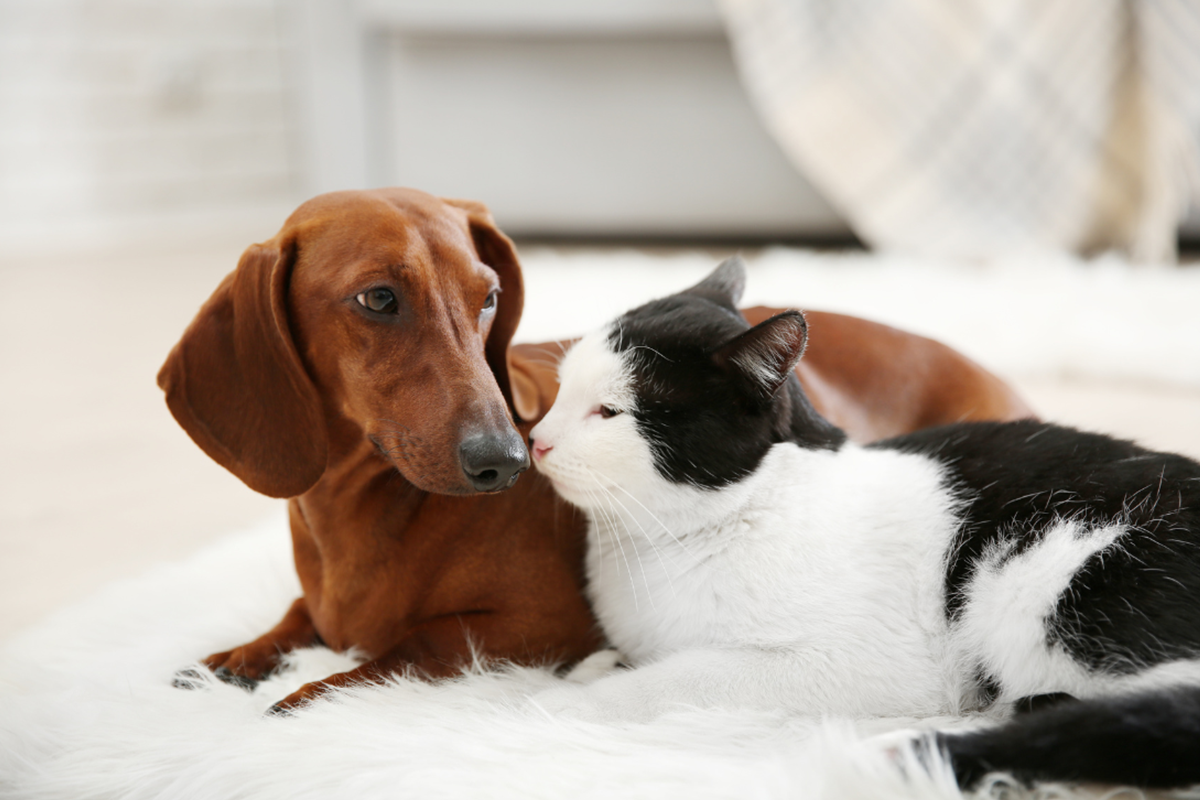
- Vaccination: Consult your veterinarian to ensure your pets are up-to-date on their vaccinations. The leptospirosis vaccine is typically included in the core vaccination protocol for dogs and is administered annually or as recommended by your veterinarian. By vaccinating your pets, you not only safeguard their health but also contribute to the prevention of leptospirosis spread within the community.
- Regular health check-ups: Schedule routine health check-ups for your pets with a qualified veterinarian to monitor their overall well-being and detect any signs of illness early as early diagnosis and treatment can improve their prognosis and prevent complications. During these check-ups, your veterinarian can assess your pets' vaccination status, perform physical examinations, and discuss preventive measures against leptospirosis.
- Hygiene practices: Keep your pets' living areas clean and dry, as damp environments provide favorable conditions for the survival of leptospira bacteria. Regularly clean and disinfect water bowls, bedding, and litter boxes to prevent bacterial contamination. As pets usually chill on floors, make sure they are clean with pet-safe cleaners like FURRESH Pet-Safe Floor Cleaner & FURRESH Stain & Odor Remover! Make sure your pets have clean, fresh water everyday with water fountains like SMARTPAWBurpurr Pet Water Fountain Rechargable Gen 1 Model & PETKIT Pet Water Fountain Gen 6 (APP)! Additionally, ensure that outdoor areas such as yards or kennels are free from standing water and debris that may attract rodents.
After outdoor activities, thoroughly clean and dry your pet's paws and fur to remove any dirt or contaminants they may have picked up. SMARTPAWLite Automatic Dog Paw Cleaner Gen 3 & FURRESH Paw Cleaner can help thoroughly wash your dog's paws after every walk! Regularly trimming their paws can help prevent dirt buildup, SmartpawLite Pet Nail Grinder Trimmer LED Model New Version is an easy way to trim your pet's nails! Wash your hands with soap and water after handling your pet, especially if they have been in outdoor environments.
- Protective gear: Consider outfitting your pets with protective gear such as raincoats and boots when venturing outdoors during the rainy season. Raincoats help keep your pets dry, while boots protect their paws from coming into direct contact with contaminated surfaces. Choose a gear that fits your pets comfortably and securely, allowing them to move freely while providing adequate protection.
- Provide Clean Drinking Water: Ensure your pet has access to clean, fresh water at all times, especially during outdoor activities. Avoid allowing them to drink from potentially contaminated sources, such as puddles or stagnant ponds. ELSPET - Pet Bottle | Dog Bottle | Cat Bottle can help you bring fresh water for your pets during outdoor activities!
Conclusion
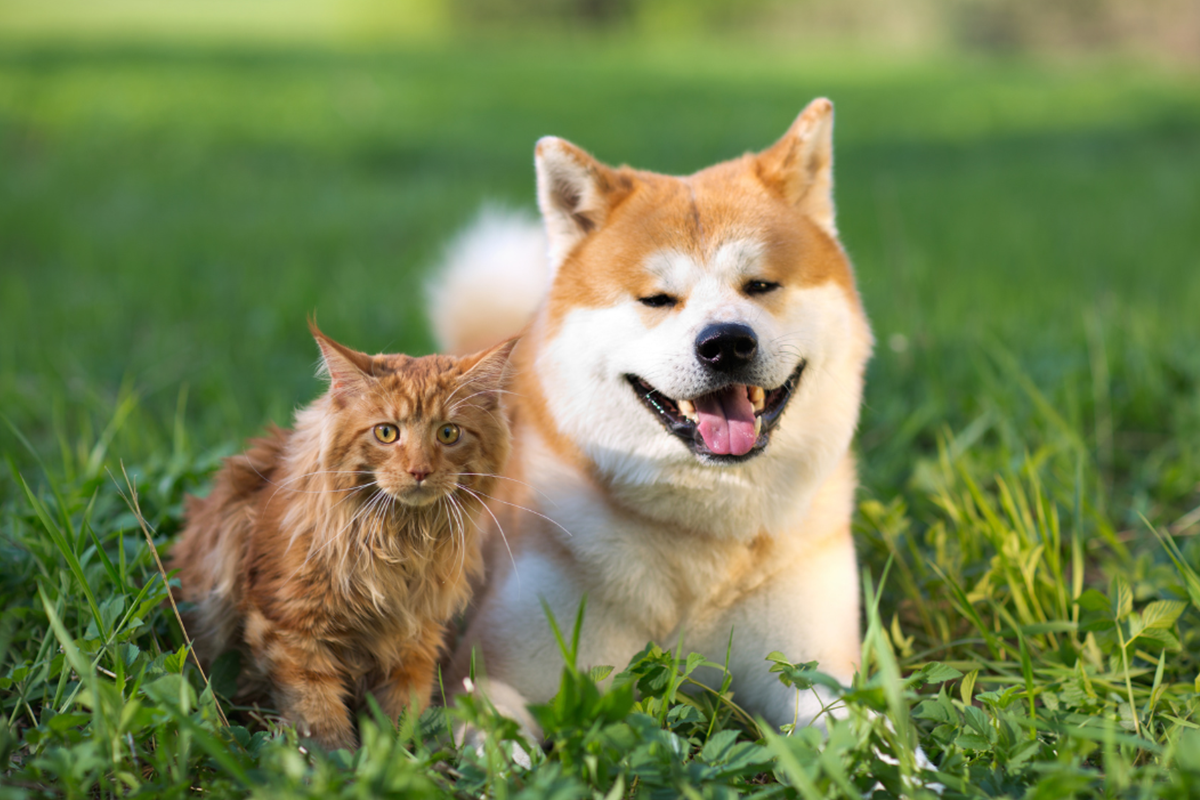
As Singapore deals with the challenges of the rainy season, pet owners must prioritize the health and safety of their furry friends. By understanding the risks of leptospirosis and implementing proactive measures, we can effectively protect our dogs and cats from harm. Let us remain vigilant, educated, and committed to keeping our pets safe and healthy year-round!
Share this with your fellow pet owner friends who might need this information right now! Feel free to leave a comment down below about your advice or experience regarding leptospirosis, we would also love to read them!
Sign up to our newsletter down below & follow us on Instagram @sgsmartpaw to stay up to date with our blog articles!

Rose Hazel San Diego
Hazel loves pets & she has owned cats, dogs, & even hedgehogs! She also fosters cats & dogs in need around her area. With her social media & copywriting background, she gladly shares her knowledge of pets through these articles!
Most Recent Articles
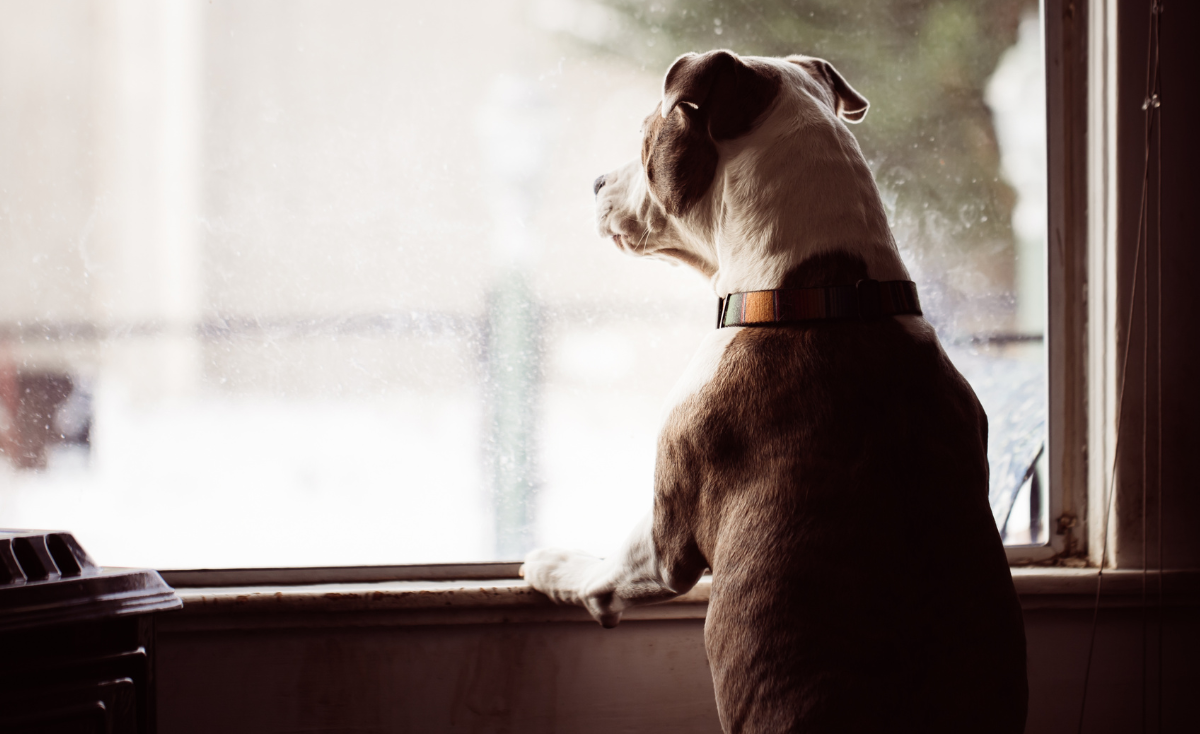
Are Your Windows & Balconies Safe? Protecting Pets from the Rising High-Rise Risks in Singapore
Since 1 September 2024, Singapore’s pet-safety landscape has changed — and not just a little. With more pawrents living in HDB flats and condos, our pets share our stunning city views… but also the...
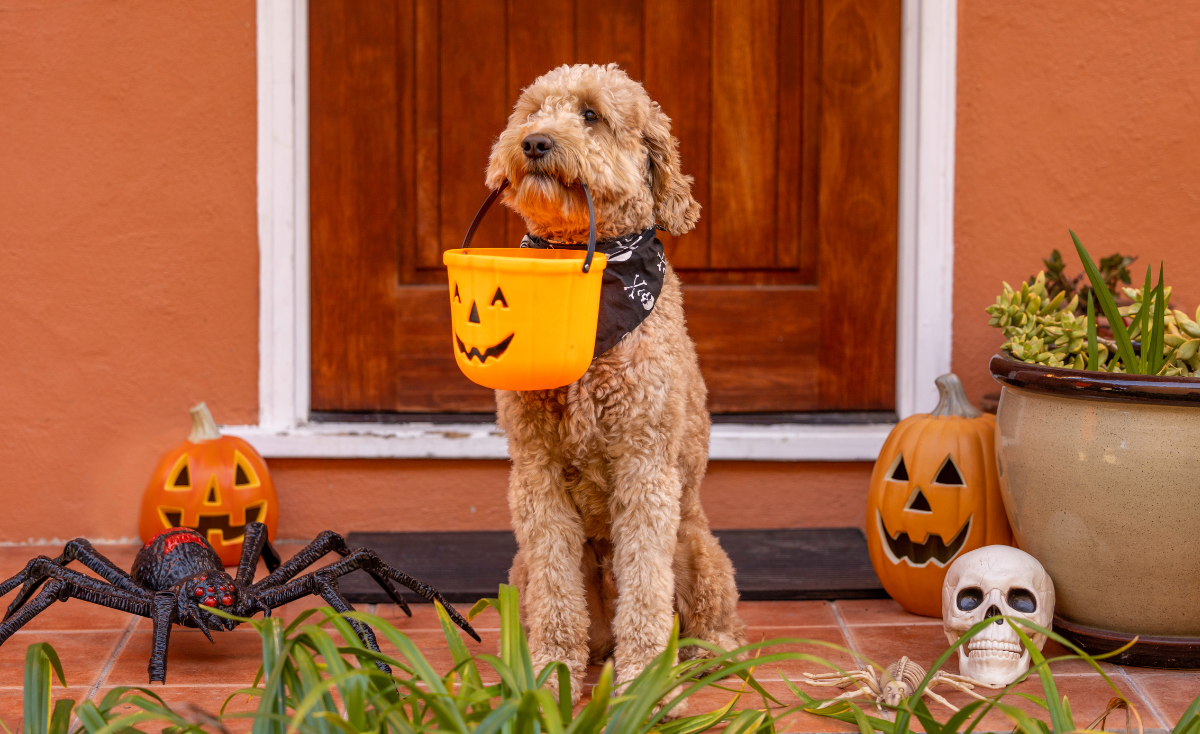
5 Pet-Friendly Halloween Events in Singapore to Celebrate with Your Furry Friends
Halloween isn’t just for humans anymore — it’s going paws up in Singapore! From spooky pet cruises and café pawties to open-air markets and costume contests, this year’s Halloween lineup is packed ...
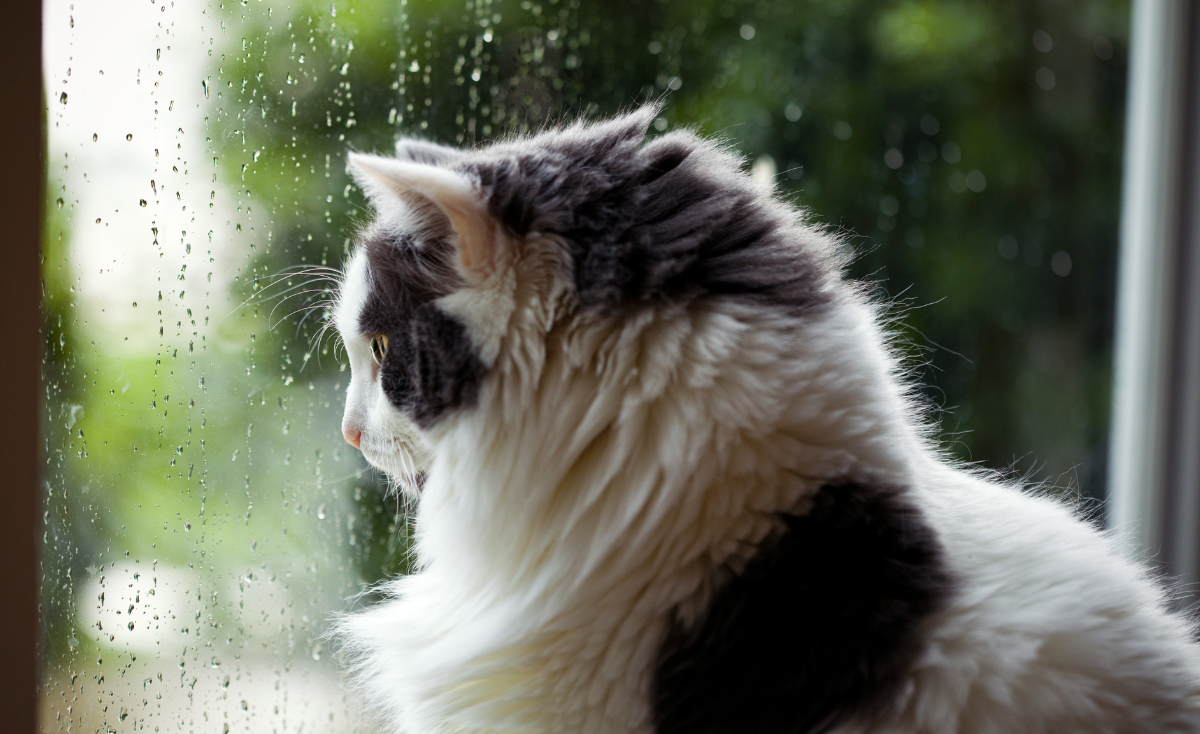
5 Ways to Protect Your Pet from Singapore’s Humidity This Rainy Season
Singapore’s rainy season is here — and while we’re enjoying the cool, cozy weather, our pets are quietly battling the sticky side of humidity. From itchy skin and smelly fur to ear infections and h...

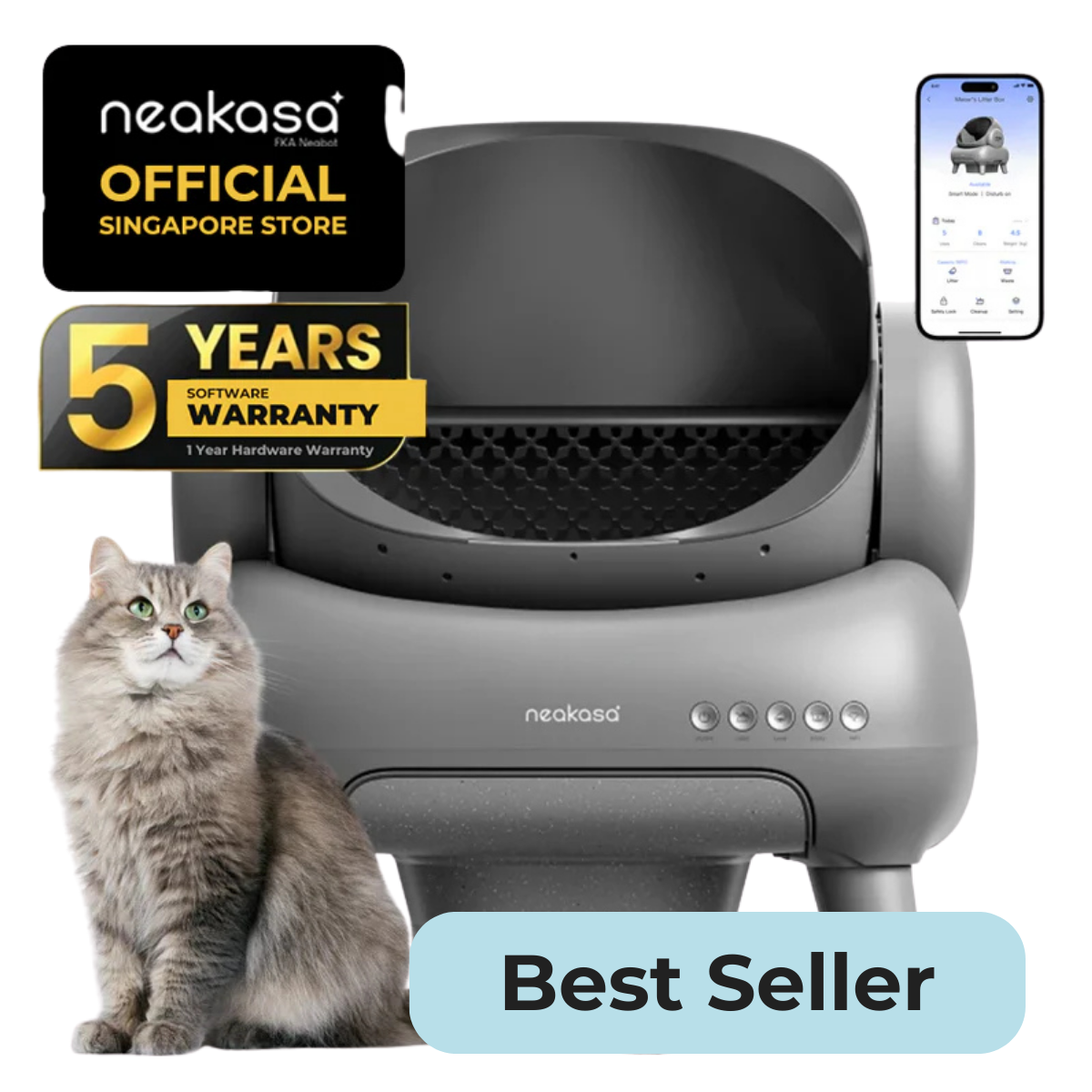
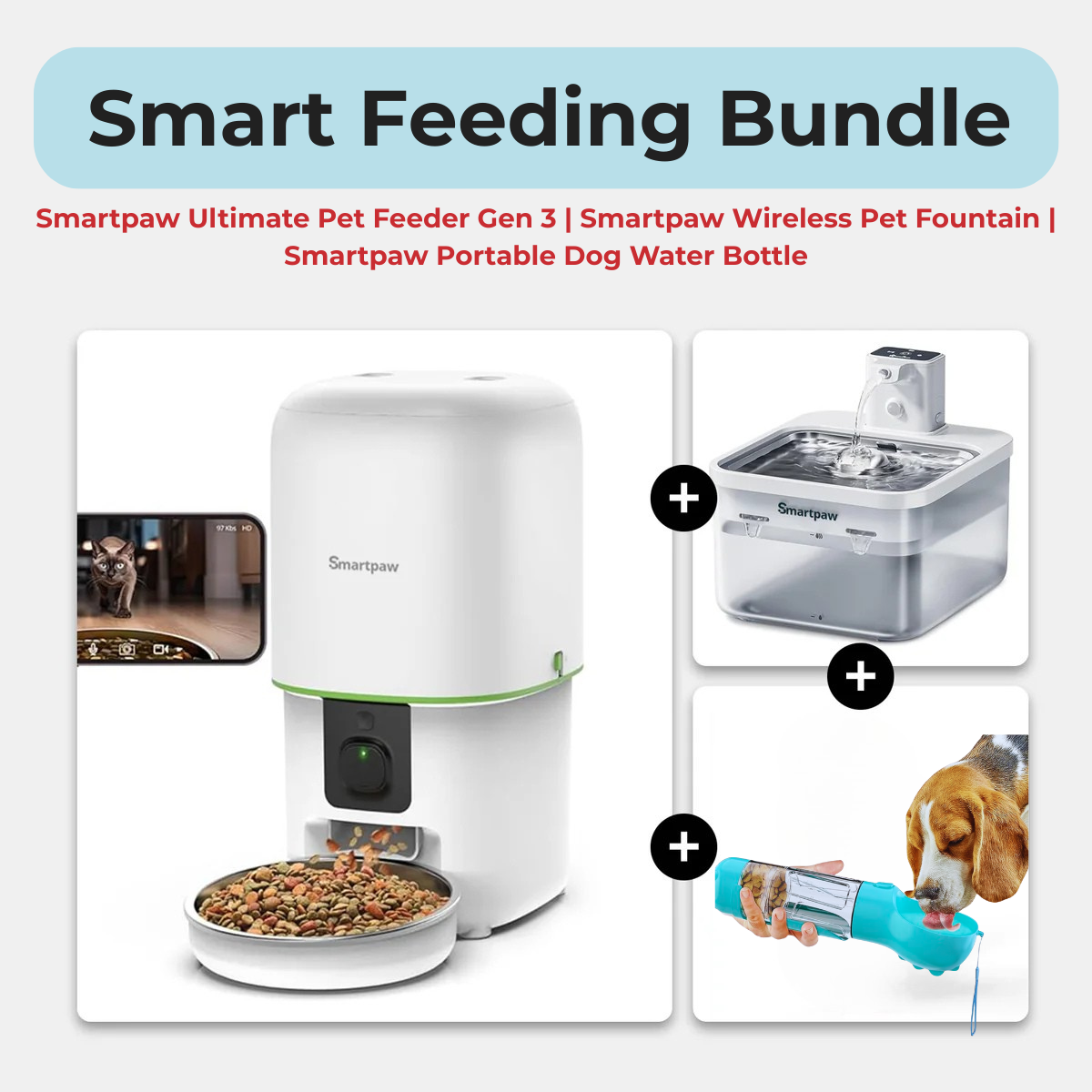
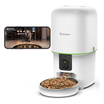


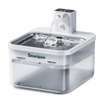

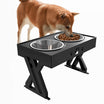
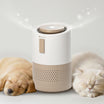
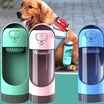

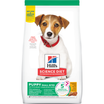
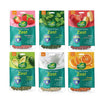
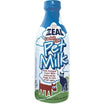

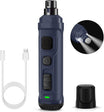
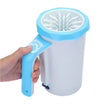
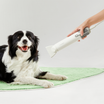
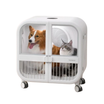
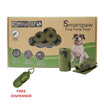
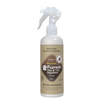
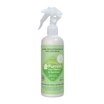
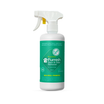
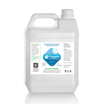
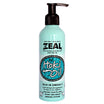
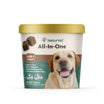
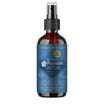
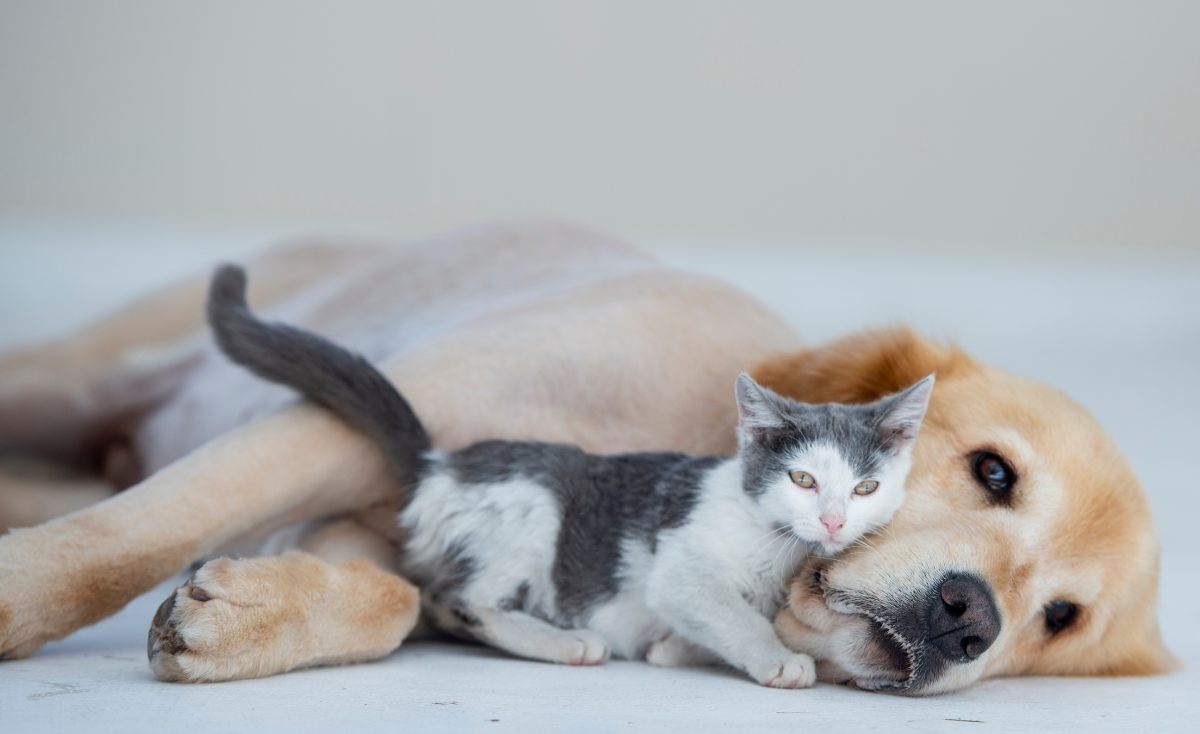
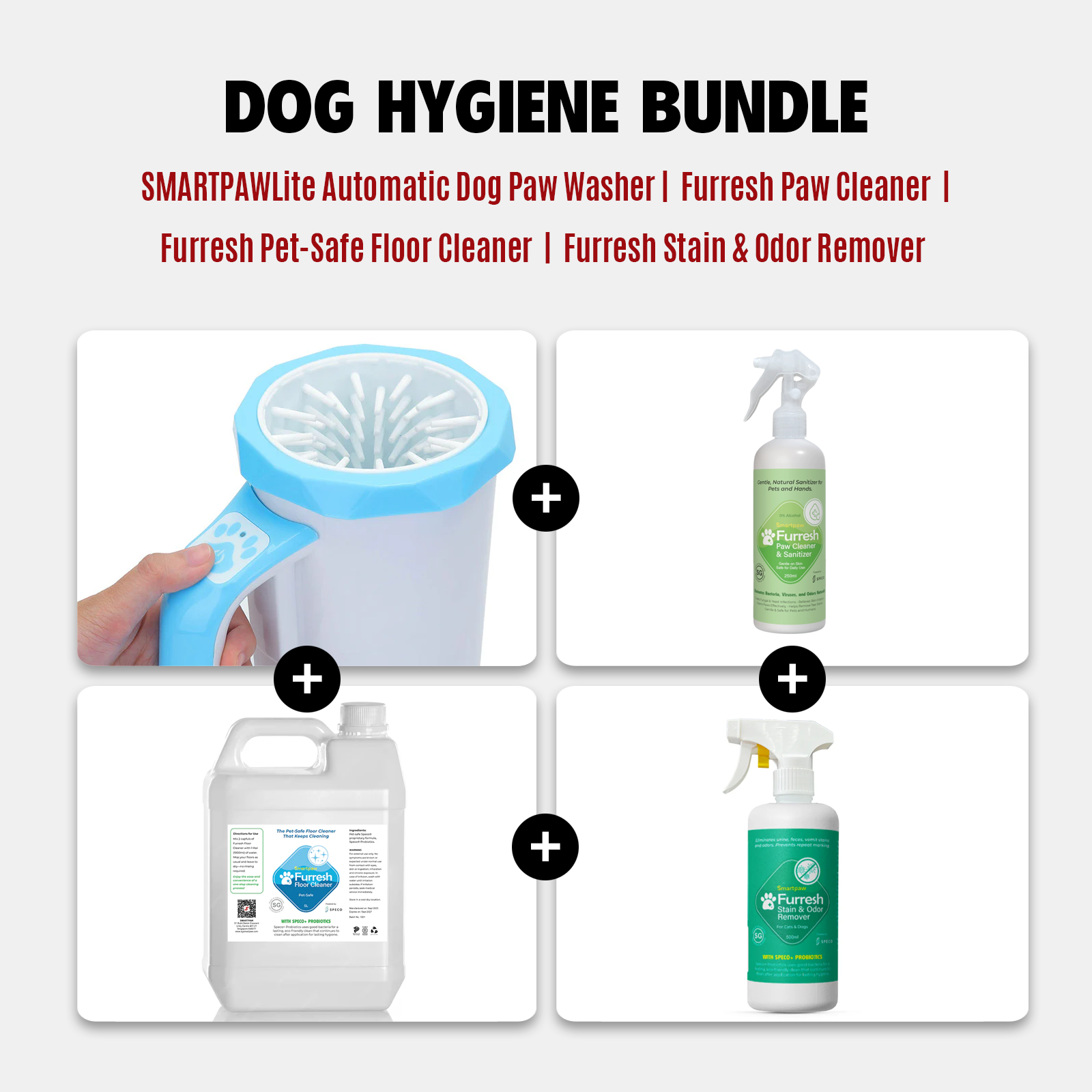
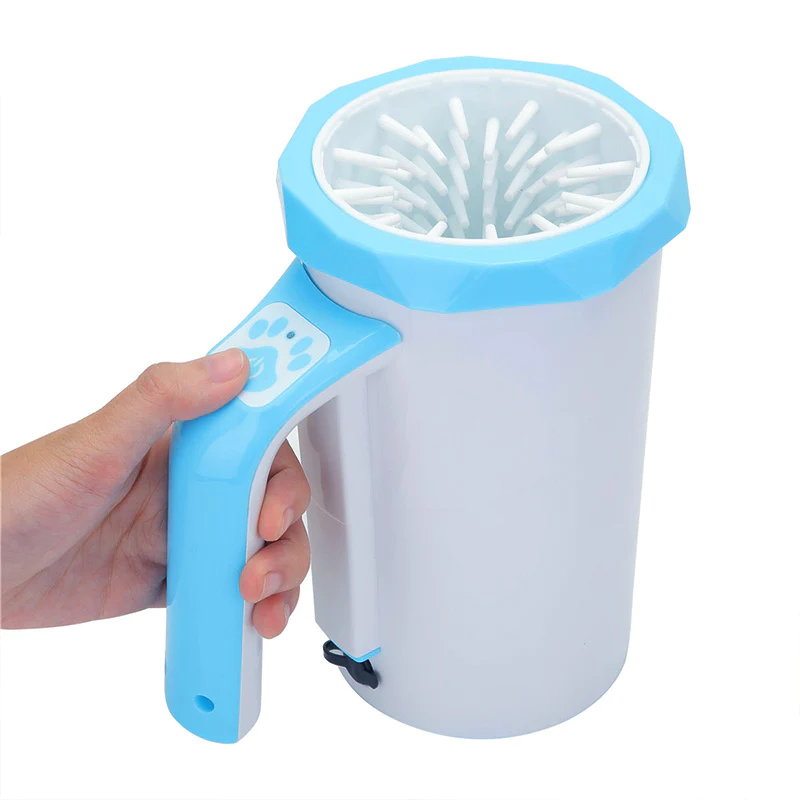
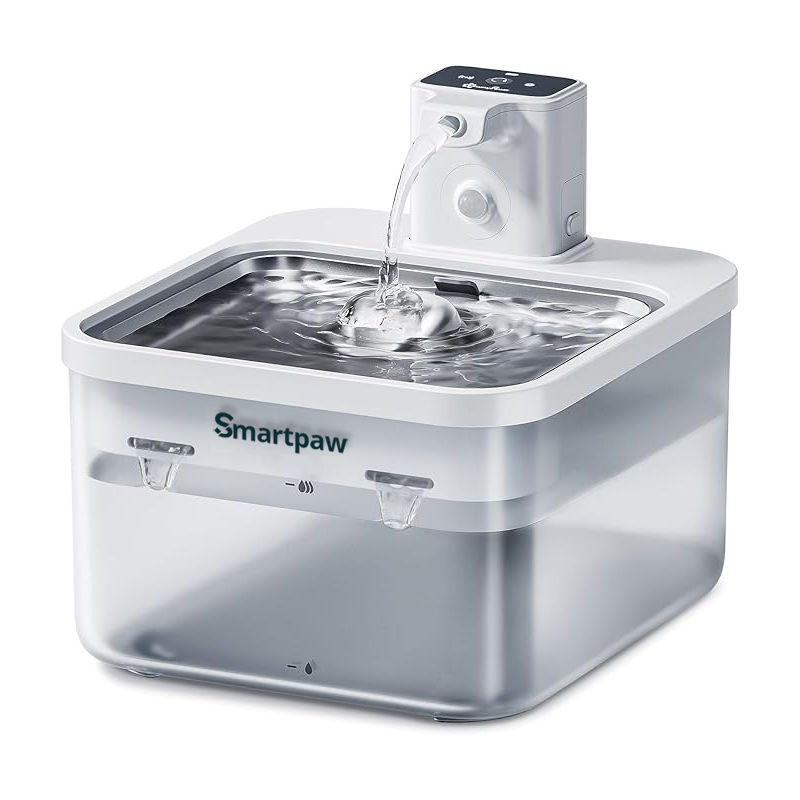
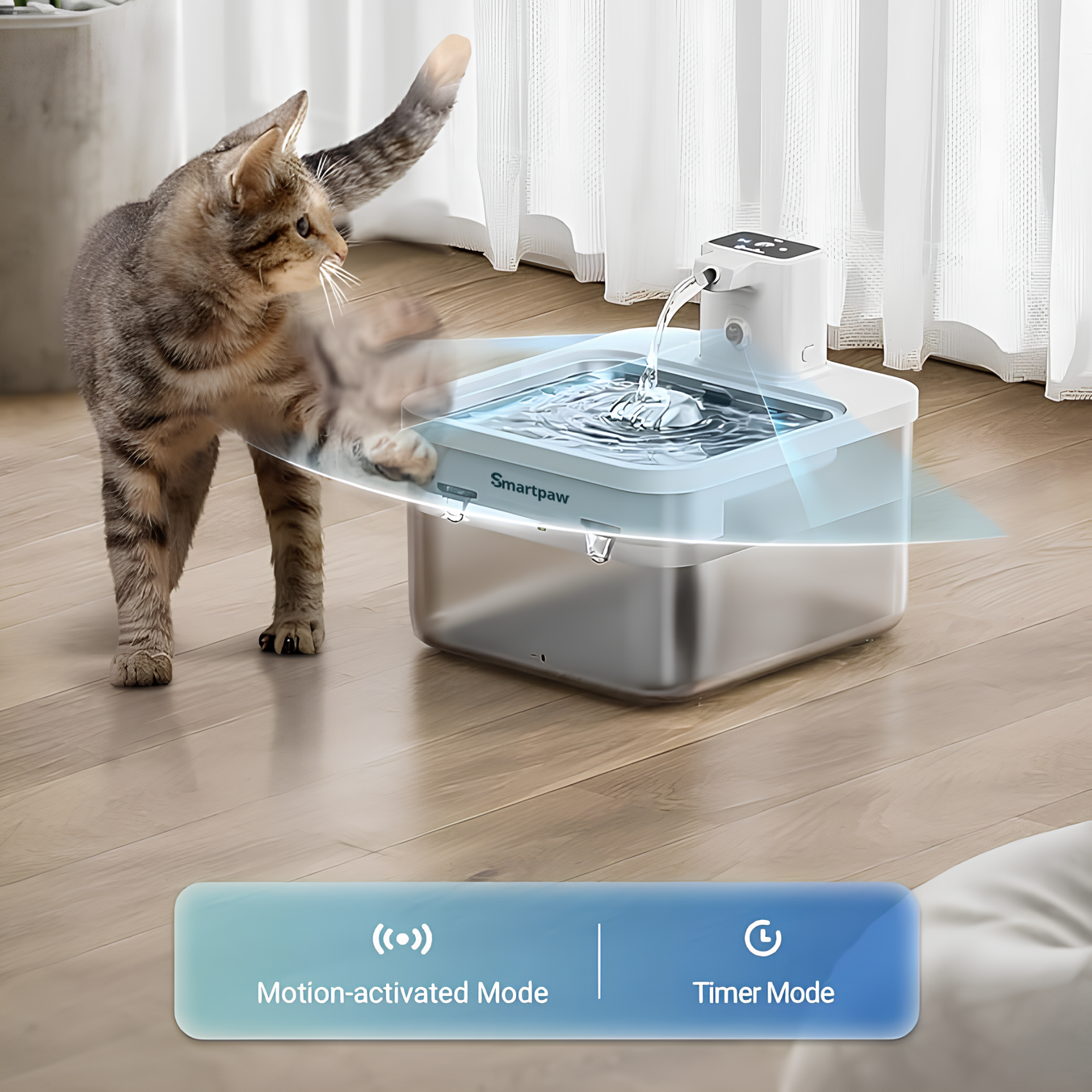
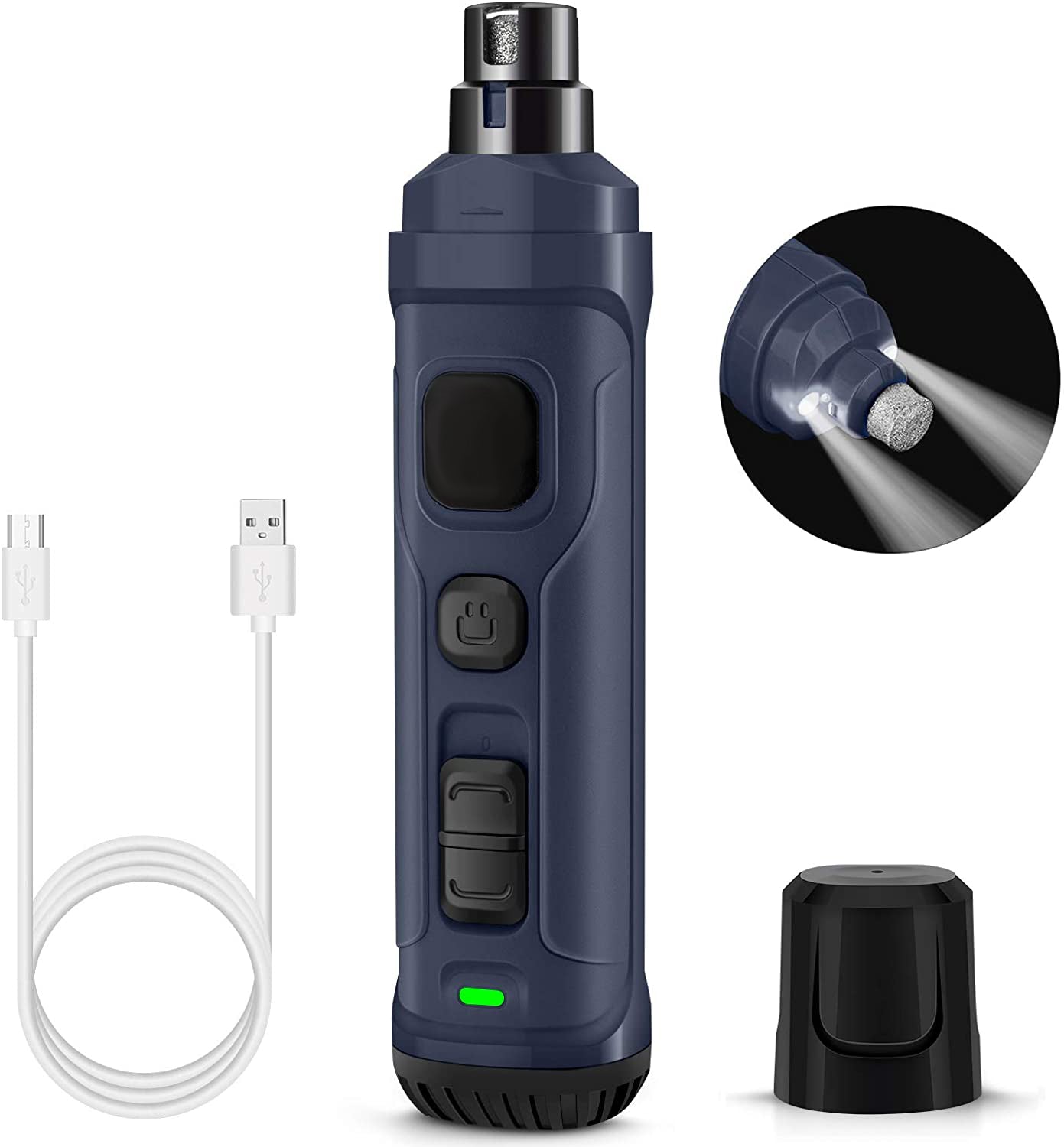
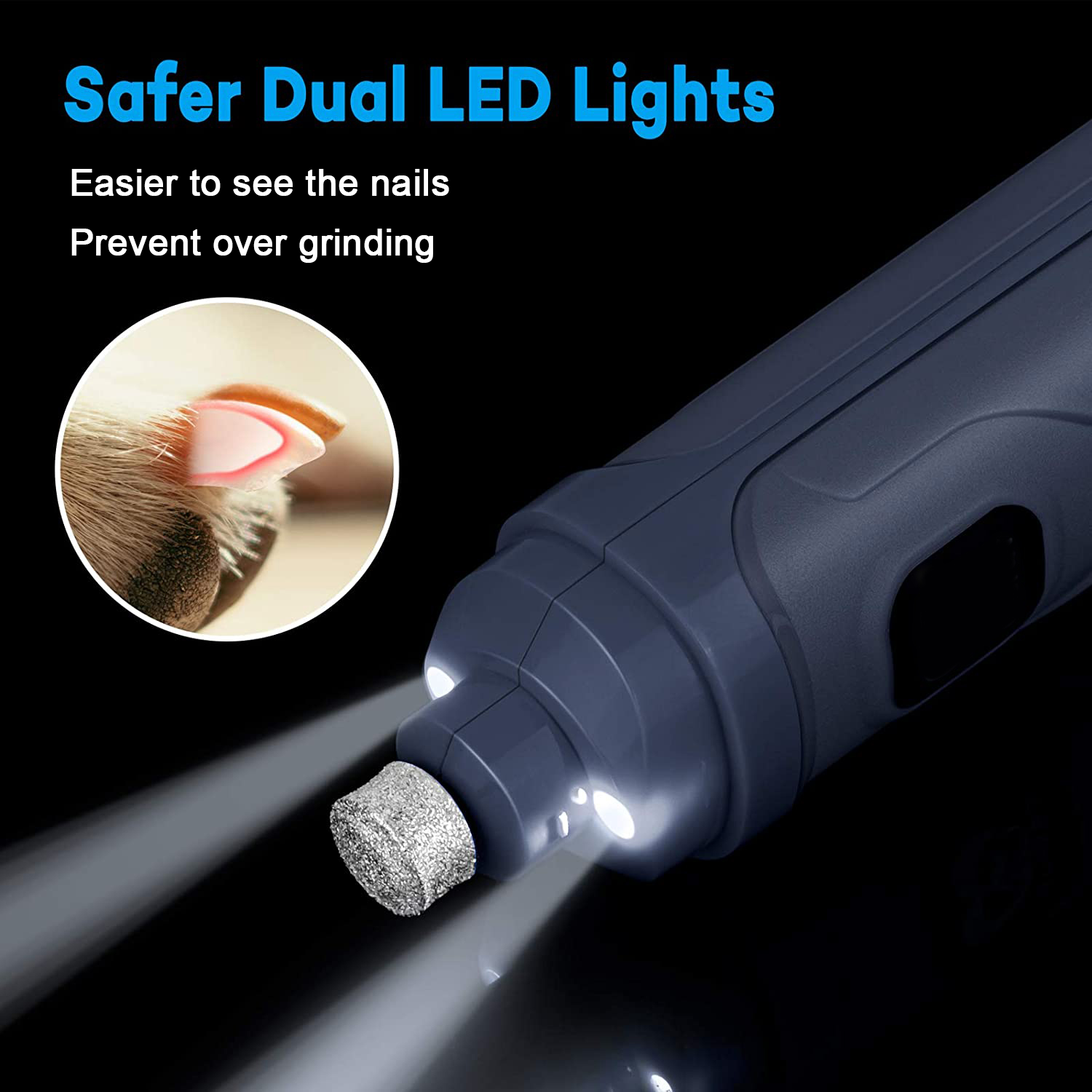
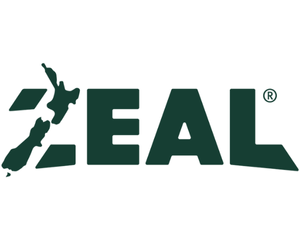


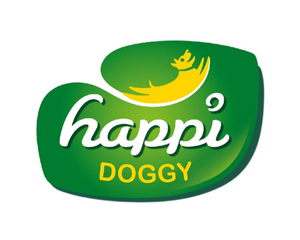
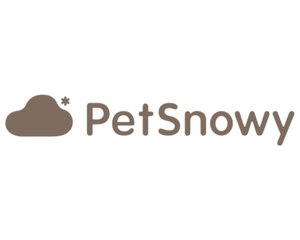
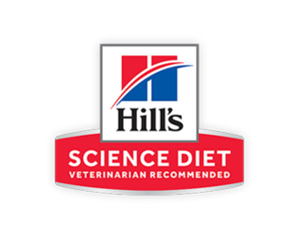


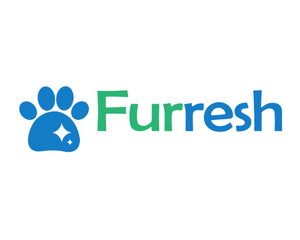



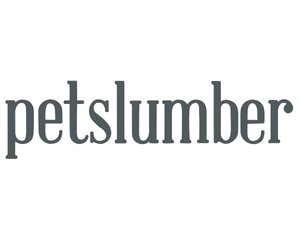
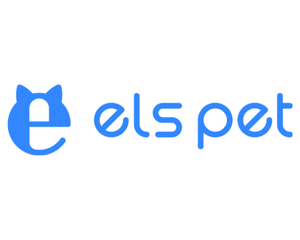
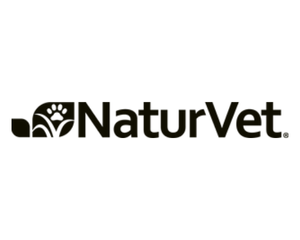
Leave a comment
All comments are moderated before being published.
This site is protected by hCaptcha and the hCaptcha Privacy Policy and Terms of Service apply.